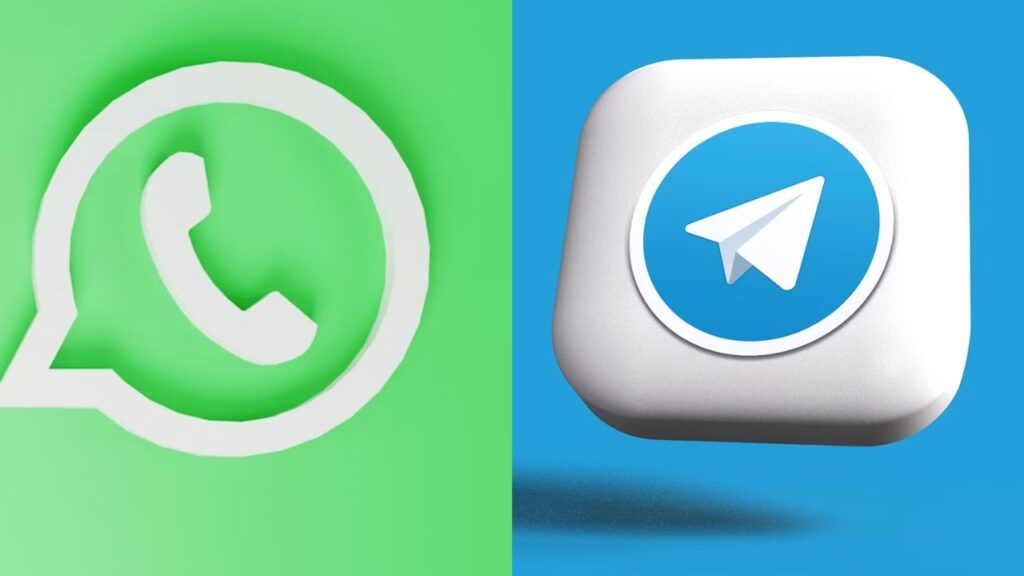When it comes to instant messaging apps, WhatsApp has always been a favorite among users. While Telegram, a cloud-based messaging service, has gained popularity, it has yet to provide a significant challenge to WhatsApp. Despite both platforms offering a plethora of features designed to cater to user needs, what is it about WhatsApp that continues to make it the preferred choice for many? Let’s delve deeper into the features of Telegram and WhatsApp and determine which app is safer for users.
Safety and Security: Who Stands Out?
Before considering app features, users tend to prioritize the security aspect of any messaging app. WhatsApp provides end-to-end encryption by default for all chats and calls, ensuring that only the sender and receiver can access the content. In contrast, Telegram offers end-to-end encryption only for secret chats, while standard chats are stored on the company’s cloud servers. Moreover, users need to manually enable end-to-end encryption for secret chats in Telegram.
Given the increasing awareness around digital safety, many users opt for WhatsApp due to its robust security measures. This focus on user safety has solidified WhatsApp’s status as the go-to messaging app for many individuals.
Feature Comparison: Which App Takes the Lead?
Both WhatsApp and Telegram are loaded with features designed to enhance user experience, yet there are some distinctive differences worth noting. WhatsApp, for instance, offers a dedicated account feature for business users, which Telegram currently lacks. This capability allows businesses to interact with customers more efficiently on a platform they are already familiar with.
User Interface: Simple vs. Customizable
WhatsApp boasts a straightforward user interface that even a novice can navigate easily. The app’s navigation system is intuitive, with separate tabs for chats, status updates, and calls, making it accessible for users of all ages. On the flip side, Telegram features a highly customizable user interface, providing diverse themes and chat backgrounds that cater to those who appreciate personalization. While this complexity can enhance the experience for some, it may be daunting for users who prefer simplicity.
Regulatory Challenges: Compliance and Adaptability
WhatsApp has established a better synergy with regulatory bodies and government policies, especially in significant markets like India. Telegram faces considerable challenges in adhering to regulations in various countries, which may impact its operations and user trust. While Telegram is equipped with numerous impressive features and necessary services, the reasons outlined above have prevented it from truly competing with WhatsApp on a larger scale. Despite Telegram’s growing popularity, WhatsApp’s dominance remains firmly intact.
Feature Comparison Table
| Feature | Telegram | |
|---|---|---|
| End-to-End Encryption | Yes (default for all chats) | Only for secret chats (manual activation needed) |
| Business Accounts | Available | Not Available |
| User Interface | Simple and intuitive | Highly customizable with complex options |
| Regulatory Compliance | Good relationship with regulations | Faces challenges in compliance |
In conclusion, while both WhatsApp and Telegram offer unique features and benefits, WhatsApp’s commitment to user safety, regulatory compliance, and user-friendly interface makes it the leading choice for many. As Telegram continues to improve and grow, it remains to be seen if it will eventually rival WhatsApp’s longstanding dominance in the instant messaging arena.
